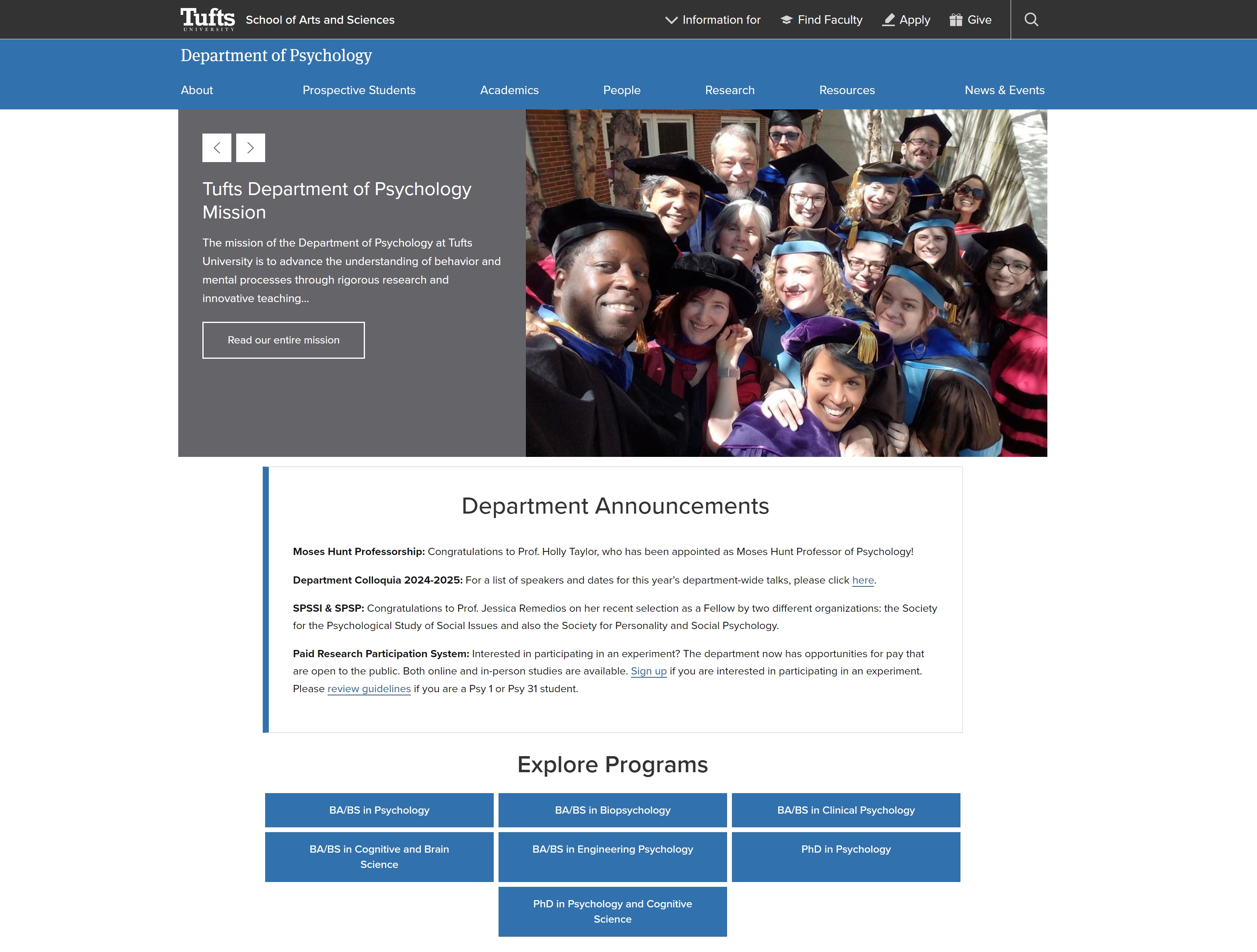
Center on the Developing Child at Harvard University
The Center on the Developing Child at Harvard University leverages scientific insights to improve outcomes for young children facing adversity. They focus on early childhood development and highlight key concepts like brain architecture and toxic stress.

คำอธิบายโดยละเอียด
The mission of the Center on the Developing Child is to use science to achieve better, more equitable outcomes for young children facing adversity. They emphasize six key scientific concepts that shape early development and lifelong health: brain architecture, serve and return, toxic stress, lifelong health and well-being, timing and critical periods, and developmental environments. The center also offers a Resource Library with science-based materials on various early childhood development topics and invites visitors to subscribe for updates on their latest news and resources.
เพิ่มเติมการศึกษา

Moodle NBU
Moodle NBU is the e-learning platform of New Bulgarian University, offering a comprehensive online environment for students and faculty to access courses, resources, and collaborative tools.

The Gottman Institute
The Gottman Institute offers a research-based approach to relationships. Explore our resources and tools developed by Drs. John and Julie Gottman.

Tufts University Department of Psychology
The Department of Psychology at Tufts University conducts cutting-edge research aimed at understanding the causes and consequences of mental processes and behavior. Our work addresses social, cognitive, and neural levels of analysis. We are innovative and interdisciplinary in our approach and emphasize understanding phenomena that have a direct impact on society. Scientists at all levels - faculty, postdoctoral trainees, and graduate and undergraduate students - engage in collaborative scholarship and critical thinking in the classroom and in the laboratory. This synthesis, between research and teaching, positions us to ask and answer fundamental questions while also enriching our students' understanding of psychology.